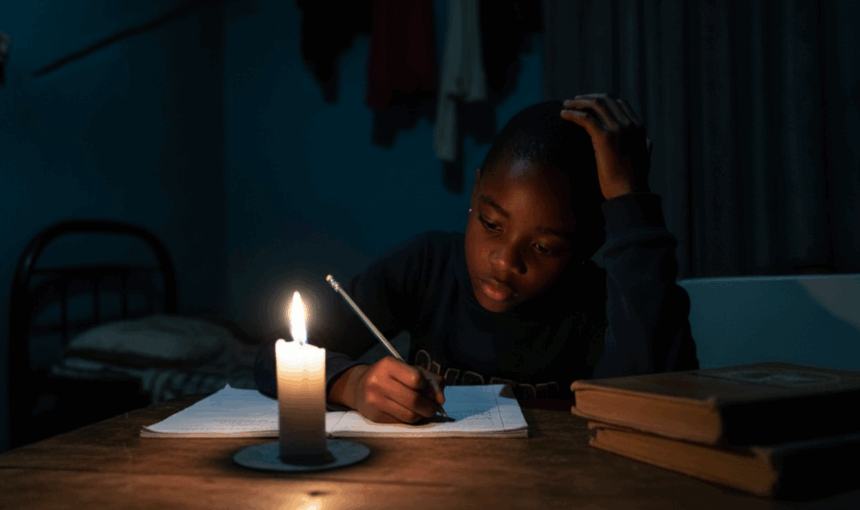H2R Initiative: Acumen Raises $246M to Electrify 17 Countries
The Acumen Hardest-to-Reach Initiative (H2R) is set to bring electricity to millions of people in Sub-Saharan Africa. The impact investment firm, Acumen, announced during New York Climate Week that it has successfully raised $246 million to support this important project. This funding will help improve access to electricity in 17 African countries where many people currently lack reliable power.
The main goal of the H2R initiative is to use off-grid solar energy, which is a powerful and quick way to provide electricity in areas that desperately need it. Jiwoo Choi, who is Acumen’s Chief of Strategic Initiatives, emphasized that Acumen has been working to finance solar projects since 2007. The H2R initiative builds on their previous work in countries like Nigeria and Kenya, where solar energy has made a significant impact. Now, they aim to bring those valuable lessons to regions where the use of solar technology is just starting to grow.
The Economic Case for Off-Grid Solar in Africa
Even though technology is ready to go, getting it out to people is still a big challenge. As Choi points out, “The technology is available, it’s affordable,” but the real difficulty lies in bringing solar power to rural areas in the least developed countries. This is the challenge we’re working hard to address. Economically, solar power makes a lot of sense. Choi emphasizes that using solar energy is actually more cost-effective than relying on diesel fuel, which many businesses and communities turn to when the power grid fails. While solar panels do need small batteries to store energy for nighttime use, they can also be used effectively during the day for things like irrigation without needing large storage systems.
This growing interest in solar energy is reflected in market trends across Africa. A recent report shows that imports of solar panels from China to Africa jumped by 60% last year, highlighting the continent’s shift toward clean and independent energy sources.
However, the conversation about clean energy doesn’t always come without criticism. Some public figures, including former US President Donald Trump, have expressed doubts about renewable energy sources, even calling green energy a “scam.” But the facts speak for themselves. For instance, the US Department of Energy has noted that just an hour and a half of sunlight hitting the Earth could power the entire world for a whole year! With abundant sunlight available across Africa, focusing on off-grid solar solutions, like those promoted by the Acumen Hardest-to-Reach Initiative, is both a smart economic move and a moral responsibility.
Unpacking the Acumen H2R Initiative’s Dual Structure
To address the various challenges in growing markets within fragile economies, Acumen has developed a program called H2R initiative that uses a blended finance approach, featuring two key investment tools:
1. H2R Amplify (Debt Vehicle): This part of the program has secured $189 million in funding. It’s designed to provide significant loans to established companies that operate off-grid solar projects. The main goal is to help these companies expand their operations and reach people in the hardest-to-reach areas.
2. H2R Catalyze (Patient Capital Fund): This separate fund has successfully raised $57 million and offers a mix of loans, equity, and grant funding. It’s aimed at “market-building businesses,” which are typically in their early stages or entering new and overlooked regions.
This approach, combining two different funding options, is crucial for attracting a wide range of financial partners. Notable institutions backing this initiative include the Green Climate Fund, British International Investment, and the International Finance Corporation. Additionally, commercial banks like South Korea’s Shinhan Bank have also contributed, showing that there is potential to make investments in challenging markets more secure.
Despite this funding success, there are still significant challenges in providing electricity in these areas. Choi, one of the leaders in this initiative, expresses concern about the ongoing need for financial support to keep these electrification efforts alive, saying, “It’s not going to be easy at all. It’s going to be a lot of work.” This highlights the long-term commitment needed to ensure everyone has access to energy.
Partnering for Universal Access: Mission 300 Marches On
The Acumen H2R Initiative plays a vital role in a larger effort called Mission 300. This ambitious program, co-led by the African Development Bank and the World Bank Group, aims to provide electricity to 300 million people in Africa by the year 2030.
Recently, Mission 300 made significant progress by launching detailed plans called ‘National Energy Compacts’ from 17 African countries at a major Climate Week event. This follows an earlier launch in January, which included 12 countries. These documents represent a public commitment from the countries to improve their energy access. They outline specific goals and practical steps that governments will take, which can also encourage private investors and development partners to get involved. These compacts are essential in attracting the funding needed to reach the ambitious goal of providing electricity to so many people by 2030.



